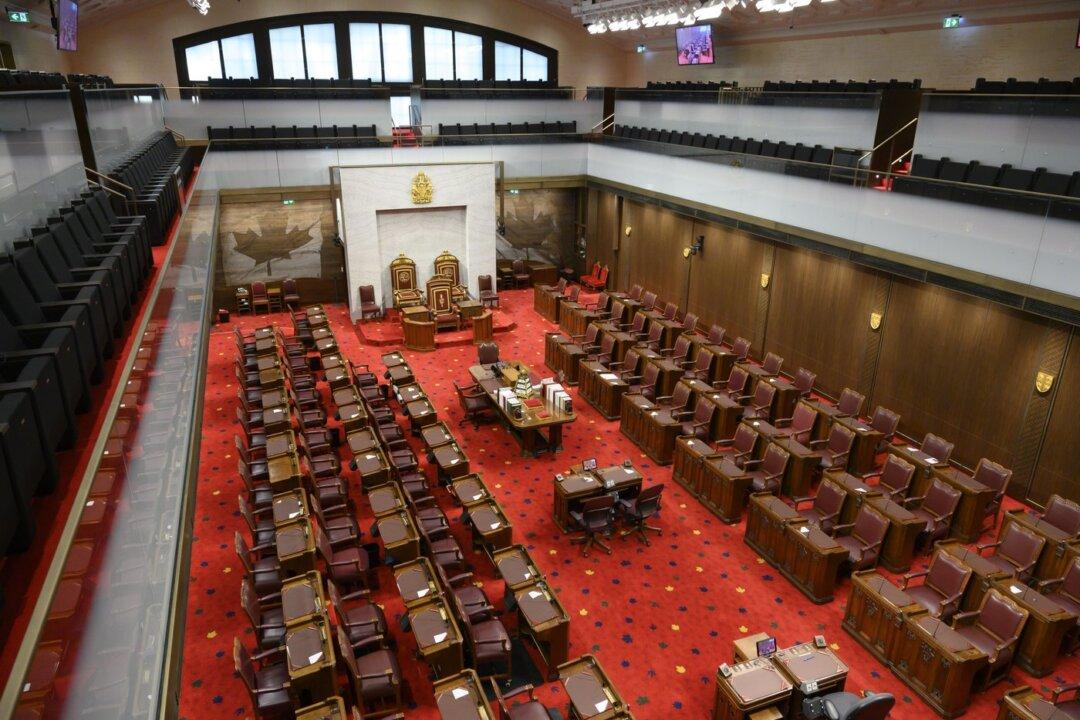The Liberal government’s Canadian Sustainable Jobs Act, aimed at helping workers develop new skills to find employment amid industry shifts caused by net-zero policies, cleared the Senate and will become law after it receives royal assent.
The bill passed third reading in the upper house on June 18, with 56 senators voting for and 23 against.





